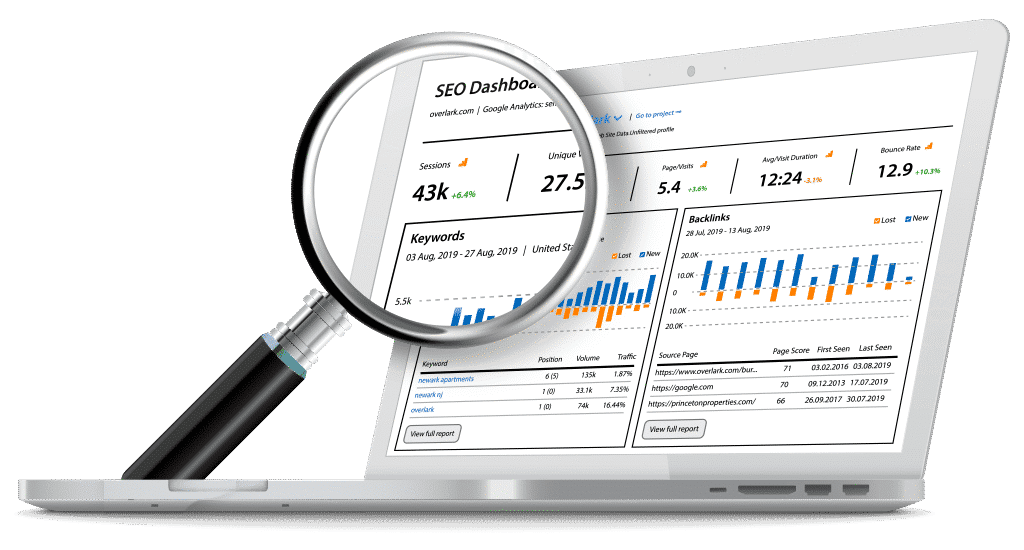Table of Contents
In the competitive world of e-commerce, ranking on search engines is critical to driving traffic and increasing sales. Learn expert strategies for e-commerce SEO to boost your online store visibility and maximise conversions.
E‑commerce SEO: Optimize Your Online Store for More Sales – By Harsh Mittal
In today’s digital marketplace, having a beautifully designed online store isn’t enough. If your products aren’t showing up in search engine results, you’re missing out on a massive pool of potential customers. This is where ecommerce SEO (Search Engine Optimisation) plays a vital role. It’s not just about traffic – it’s about targeted traffic that converts into sales.
Whether you’re running a Shopify, WooCommerce, Magento, or custom-built site, this guide will walk you through essential strategies to optimize your online store for more sales.
Why Ecommerce SEO Matters
Online store SEO is the key to sustainable growth. Unlike paid ads that stop bringing in traffic once your budget runs out, SEO continues to drive visitors over time.
When you optimize your store:
- You rank higher in Google for relevant keywords.
- You attract potential customers actively searching for your products.
- You reduce customer acquisition costs over time.
Top E‑commerce SEO Strategies
1. Keyword Research for Product Pages: Start by researching buyer-intent keywords. Tools like SEMrush, Ahrefs, or Google Keyword Planner help you find what your audience is searching for. Optimize your product titles, meta descriptions, and URLs using these keywords. For example:
- “Buy organic skincare products”
- “Affordable gaming laptop under $1000”
2. Optimize Category Pages: Category pages are often overlooked, but they have significant SEO potential. Include keywords naturally in the title, H1 tag, and meta description. Write at least 300-500 words of unique content per category.
3. Improve Site Architecture: A clean, crawlable site structure helps both users and search engines. Keep your navigation simple:
Home → Category → Sub-category → Product: Utilise internal links to connect related products and blog posts, thereby enhancing engagement and improving search engine ranking.
4. Optimize Product Descriptions: Avoid using manufacturer descriptions. Write original, keyword-rich content that highlights product features, benefits, and uses.
5. Mobile Optimization: With mobile commerce on the rise, ensure your site is mobile-friendly. Use responsive design and fast-loading images.
6. Fast Page Loading Speed: A slow site hurts SEO and conversions. Use tools like Google PageSpeed Insights to analyze and improve loading times.
7. Structured Data (Schema Markup): Use schema to help search engines understand your product pages better. This can lead to rich snippets like star ratings and price appearing in search results.
Frequently Asked Questions (FAQ)
What is ecommerce SEO?
Ecommerce SEO refers to optimizing an online store’s website and content to rank higher in search engines, thereby attracting more organic traffic and sales.
How long does ecommerce SEO take to show results?
Typically, you may start seeing results in 3-6 months, depending on your site’s age, competition, and the quality of SEO efforts.












